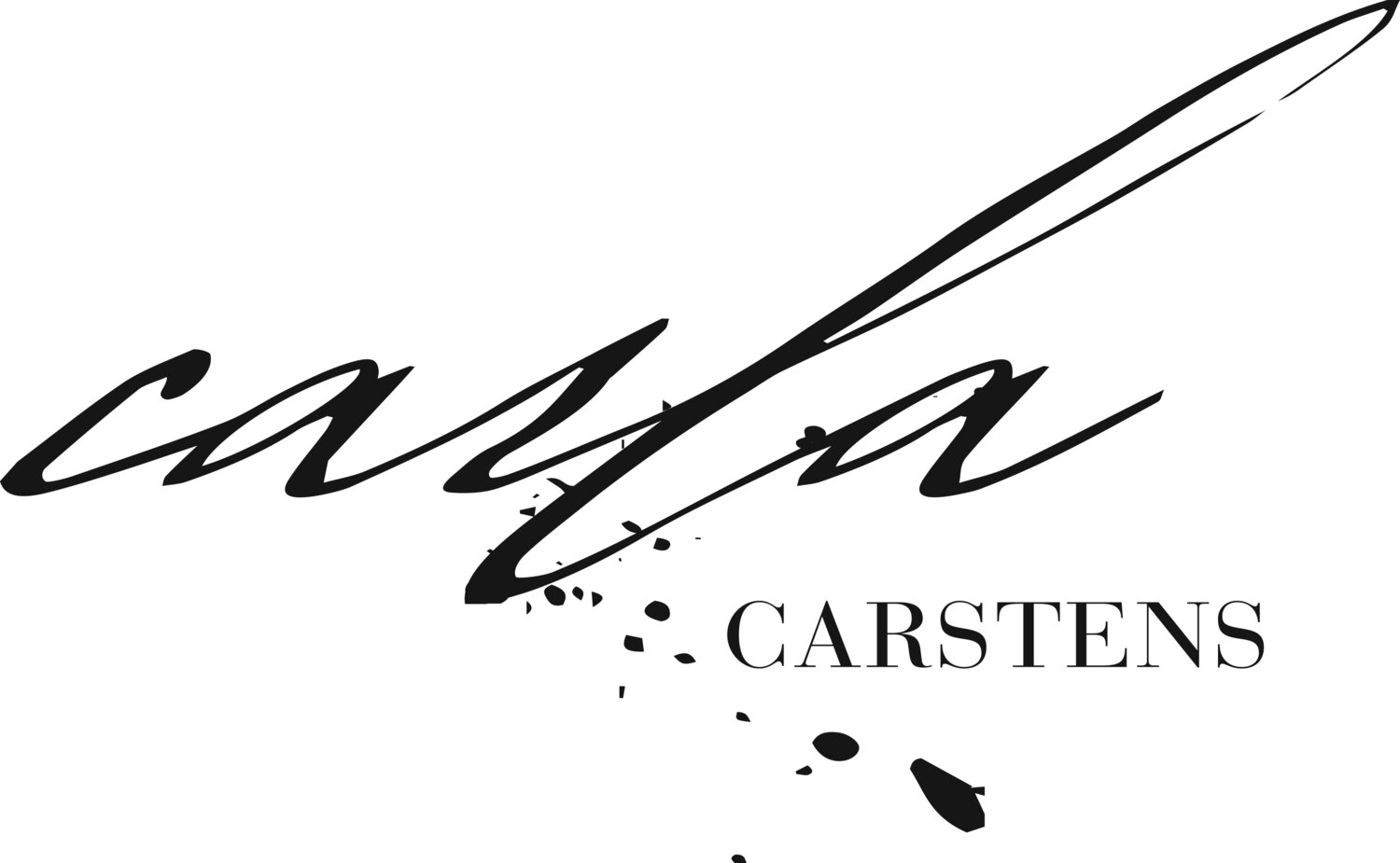Best and Worst Times to Search for a Job
Listen to the original podcast here
Job hunting can feel like a never-ending process, especially in today’s competitive market. While you can't always control the timing of your job search, understanding when companies are more likely to hire can make a difference. Whether you're fresh out of college, looking for your first job, or aiming to transition into a senior role, knowing the best and worst times to apply can help you optimize your efforts.
How Far in Advance Should You Search?
One of the most common questions job seekers ask is: how far in advance should I start looking for a job? Currently, it takes an average of five months and between 21 to 80 job applications to receive an offer. Of course, this depends on your qualifications, the industry, and how picky you're being. If you’re a niche talent or "unicorn," it may take fewer applications, but don't be surprised if you have to apply to more than 100 jobs to secure the right position.
If you need a job now, you should start searching immediately. For soon-to-be college graduates, you’ll want to start looking one or two months before graduation, especially since most entry-level roles look to fill positions quickly. For those taking a more leisurely approach, aiming for a five-to-six-month lead time is ideal.
Remember, the best time to start your job search is as early as possible, and don’t forget to prepare for how long the interview process can take. According to a LinkedIn survey, entry-level positions typically take six weeks to fill, while senior-level roles can stretch up to seven weeks.
Best Days and Times to Apply for a Job
Not only does the time of year matter but so do the days of the week. Mondays are the best day to apply, as candidates who apply at the start of the workweek are more likely to advance in the hiring process. Avoid submitting applications on Saturdays, as it's the worst day to apply.
According to Indeed, applying in the early morning or late at night increases the chances that your resume will be one of the first seen by hiring managers. Aim for late mornings and early in the workweek when most job postings are updated.
Best Months for Job Searching
Each month of the year brings its own advantages and challenges regarding job searching.
January & February
These are the best months to look for full-time roles. Companies have new budgets, executives know their hiring needs, and there’s a sense of renewal in the workplace. The pace can be slower at the start of January due to holiday hangovers, but by February, things pick up. The drawback? The hiring process may take longer as companies want to find the perfect fit.
March, April & May
Spring is another hot time for hiring as companies push to onboard new talent before the summer months. There’s a sense of urgency, especially to bring on soon-to-be college graduates. Employers often aim to finalize the hiring process before vacation season begins.
June, July & August
Summer is the *slowest* time of year for job seekers. Many companies scale back their hiring efforts as people go on vacation, and managers often find it harder to schedule interviews. You can expect fewer opportunities, especially for senior-level roles. If you’re job hunting during these months, be patient and use the downtime to refine your resume, LinkedIn profile, and networking strategy.
September & October
These months mirror the January and February hiring surge. After the summer vacation lull, businesses are back to full speed. The hiring process is typically quicker in the fall as companies push to wrap up open positions before the end of the year. This is a great window for job seekers who want to schedule interviews before the holiday.
November & December
The holiday season is among the worst times to search for a job. Hiring slows significantly due to budget constraints and the fact that many employees are taking time off. While companies are planning next year’s budgets, they often don’t post new positions until late December or early January. However, don’t let this discourage you from applying—if something does come up, you want to be ready. Just be aware that responses may take longer than usual.
Key Takeaways for Job Search Timing
Start Early: Don’t wait until you’re desperate to start job hunting. Starting early allows you to be more selective and gives you time to find the right role.
Stay Consistent: The job market ebbs and flows throughout the year. Stay consistent in checking job boards and applying for roles, even during slower periods like the summer and holidays.
Apply at the Right Times: Mondays and late mornings are optimal times to submit applications. Stay on top of job postings at the start of the week, as that's when most listings are updated.
Focus on Fit: Avoid randomly applying to jobs just to hit a quota. Tailor your applications to positions where you meet at least 70% of the job requirements, and make sure your resume highlights your most relevant skills and accomplishments.
Stay Positive: If you’re stuck in a toxic job, your negativity can show during interviews. Start your job search with a clean slate and a positive mindset, focusing on what you can bring to your next role.
In conclusion, timing your job search can give you a slight edge, but consistency and preparation are key to success. Keep your resume up to date, stay proactive, and remember that even during the slowest months, opportunities can still arise. If you’re committed to putting in the work, you’ll eventually land the right job. Happy hunting!
